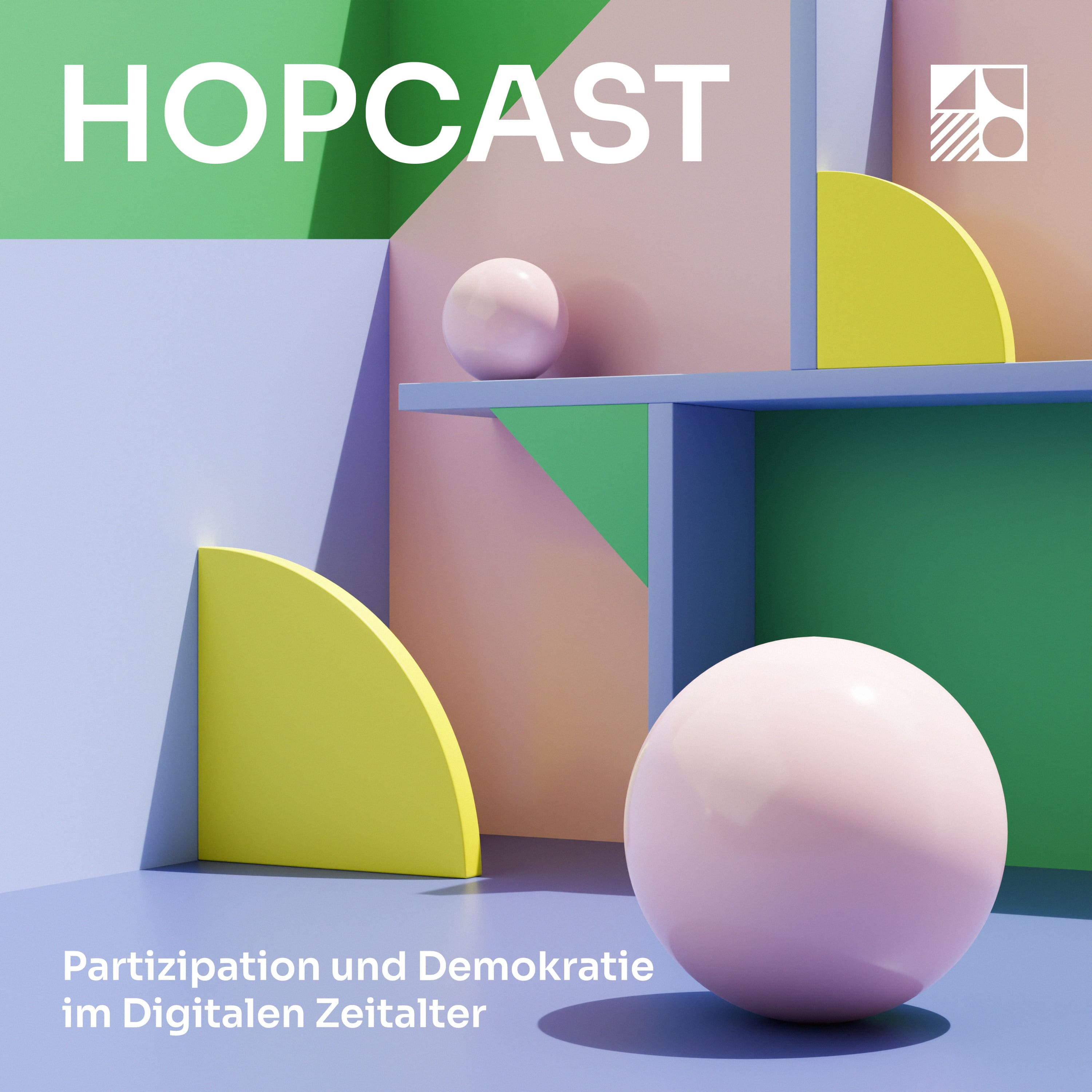Digital Democracy & Participation
 |
The internet has brought the world closer together and created a digital space that has enabled international communication and networking. However, this digital space has not only developed the deliberative power that was originally associated with it. For populist movements, especially those of the extreme right, online social networks have become powerful instruments of self-organization, as witnessed by the attack on the German Bundestag (2020), the storming of the U.S. Capitol (2021), and the attack on the Brazilian seat of government (2023). Phenomena such as filter bubbles and the spread of disinformation have real impacts on societies. A critical examination of the mechanisms that drive societal polarization in the digital space, as well as an exploration of how these polarization tendencies in turn impact social realities, is therefore urgently needed. Democracy and the digital society have a design problem. Therefore, it is crucial not only to analyze their current state, but also to identify and explore alternative platforms for a more democratic future. |
Head of Research Group
 |
Dr. Jonas Fegert +49 (30) 7017337-338 fegert∂fzi de |
Researchers
 |
Isabel Bezzaoui +49 30 7017337-347 bezzaoui∂fzi de |
 |
Carolin Stein |  |
Dr. Anna Soßdorf |
 |
Konrat Pekkip pekkip∂fzi de |
 |
Christina Speck
+49 (721) 608-48377 |
 |
David Borukhson david.borukhson∂kit edu |
Student Assistants
 |
 |
 |
|||
|
|
|
|
|
|
|
|
|
|
|
|
|
|
Research Areas
- Social polarization in times of crisis
- Online Social Networks
- Platform mechanisms of polarization (e.g. filter bubbles)
- Disinformation and misinformation (analysis and combat, e.g., with the help of explainable AI).
- Platform alternatives for digital society (Digital Citizen Participation)
- Digital Democracy
- Digital Government
- Digital Citizen Science
- Immersive Systems (Augmented & Virtual Reality)
- Democratic Governance of the Metaverse an
- Trust in Artificial Intelligence
- Media Literacy
Big Tech succeeds in keeping users on their platforms, also through their data-driven business models. However, their de facto dominance often leads to ignoring alternatives that promise a more democratic, egalitarian and progressive digital future. While information systems research is constantly searching for efficient digital tools and processes, both the public sector and civil society appear to be struggling to design appropriate digital mechanisms and tools. Therefore, we aim to utilize the methods and theories of our discipline to design, conceptualize, and evaluate platform solutions for digital democracy.
Methods
For this purpose, the following research methods are used in our group:
- Qualitative research (e.g. expert interviews, focus groups)
- Quantitative research (e.g. panel studies, online surveys)
- Experimental research
- Design Science Research
- Citizen Science Approach
Our research group brings together a wide range of expertise and fosters collaboration among scientists at varying stages of their careers. By having a diverse group of researchers with different academic backgrounds, we are able to incorporate interdisciplinary perspectives on various topics and encourage a methodological interplay. This approach allows us to address complex research problems with greater depth and enriched insights.
Teaching Activities
Currently, we offer the "Digital Democracy Seminar" each semester as part of our teaching program. Additionally, during the summer term, we contribute to the "Platform & Market Engineering: Commerce, Media, and Digital Democracy" lecture.
Projects
- Take Part
- Virtus
- DeFaktS
- HoP - House of Participation
- SOSEC
- TWON
- Responsible News Recommender Systems (ReNewRS)
FZI House of Participation
Our research group is also involved in the House of Participation (HoP), which is a competence center at FZI that promotes digitial participation and democracy. Our focus is on creating meaningful digital interactions that enable individuals to participate in decision-making across various areas, including the workplace, social life, cultural sector, and political matters. We are always seeking passionate and committed individuals to join our team and contribute to shaping digital democracy. If you are a student looking for an assistant position (Hiwi), a seminar, bachelor or master thesis opportunity, we would love to have you on board. Make sure to check out HoPcast, our podcast that discusses democracy and participation in the digital age.
Hopcast:







